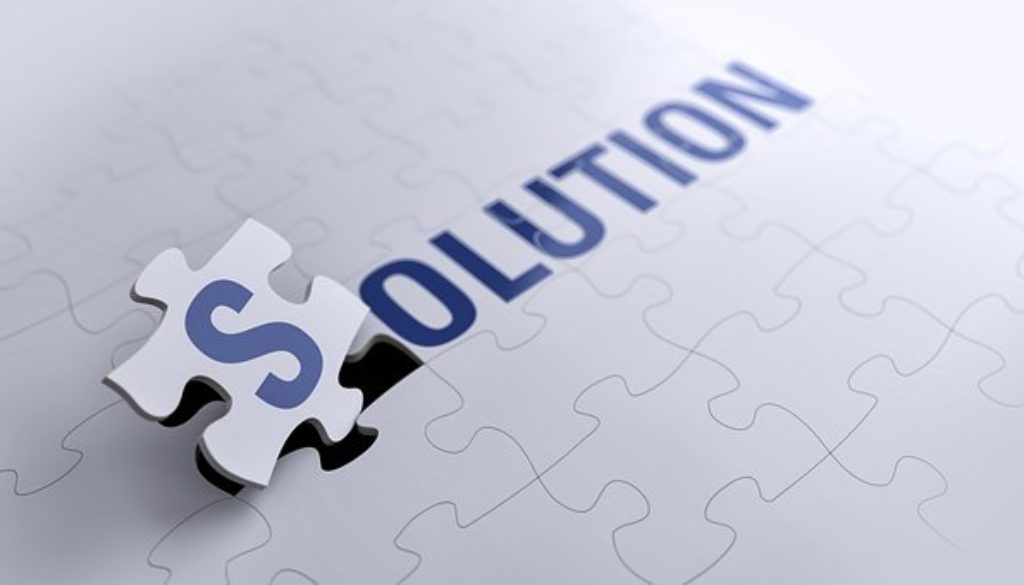How Money Flows in Our Economy
The purpose of the video “How Money Flows in Our Economy.” Is to help people understand that money is continuously moving in the daily economy.
When economists and governments talk recession and a slow down of the economy. Companies and individuals start to panic. This means they believe business is slowing down. They reduce their spending on marketing. Companies start looking at how to cut back on staff and other things.
Businesses want to hold onto the money in the bank. Stop all spending. What this does is it makes things worse because the money starts to stand still in the economy.
People are losing jobs, they have less money so they stop spending. This brings the economy to a grinding halt. The next thing you know we are in a recession.

Educate the people
How money flows in our economy is thus of the utmost importance to every person in the economy. It is the people that cause a recession or a depression. It is the people that cause an economy to thrive.
What most people fail to understand, about how money flows in our economy. Is that the amount of money in the economy never becomes lass. It’s the slowing and the holding of money that comes across as being less money available. People and businesses can control this and thus maintain a thriving economy.
I understand fear is the real problem when there is talk of a recession. But we need to educate and help people understand that they can control how money flows in our economy. The more people understand the lower the impact of these outside controlling factors.

Saving is a BAD idea
The other reason you don’t want to hold onto money is that it has no intrinsic value. Money loses value each year because of inflation. That means when you hold onto it for too long you get less in return when you spend it.
Think about this, last year you paid R15.00 for 1kg of rice. As you lost your job, you held onto the money you had. This year 1kg of rice costs R18.00 although you held onto your R15.00 you are unable to buy 1kg of rice this year.
It would have been better to buy the rice last year and stored it so it would not spoil. You would at least have had two options. One you could have sold the rice for R18.00 and made 20% on your money in 12 months. This makes banks look like they are taking your cake and eating it. Or you could have eaten the rice and saved yourself about 17% in cash value.
